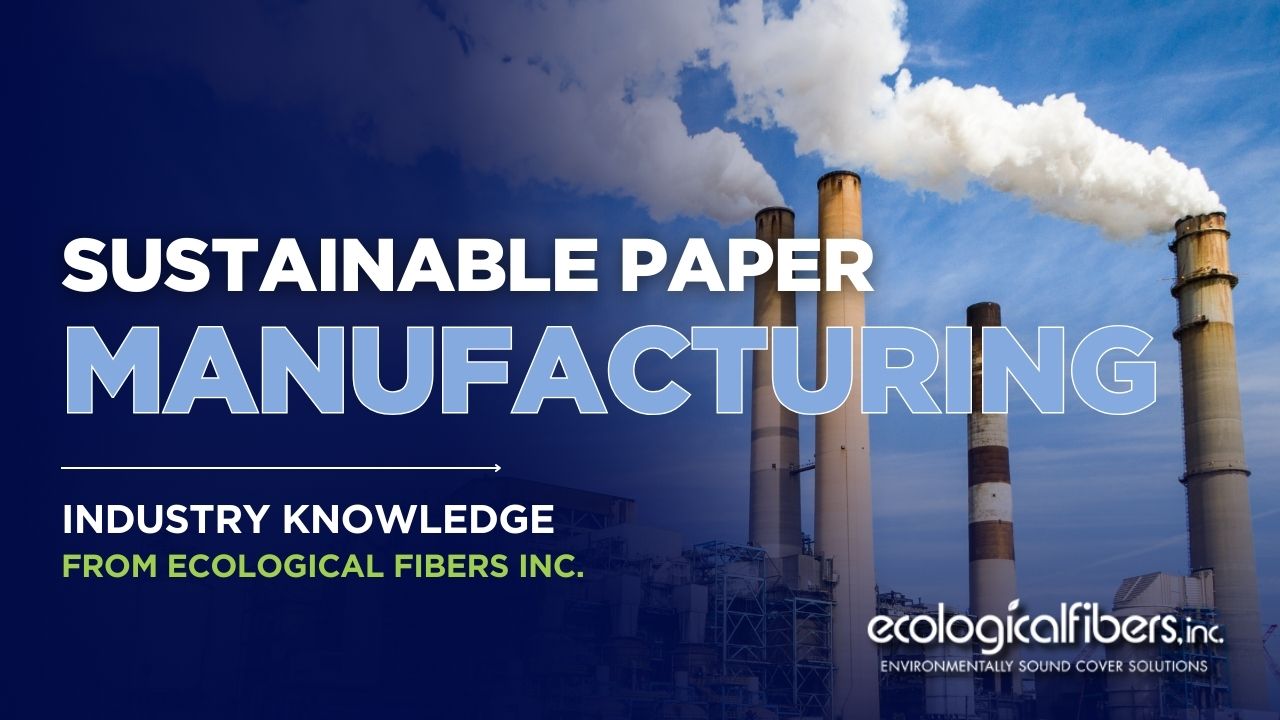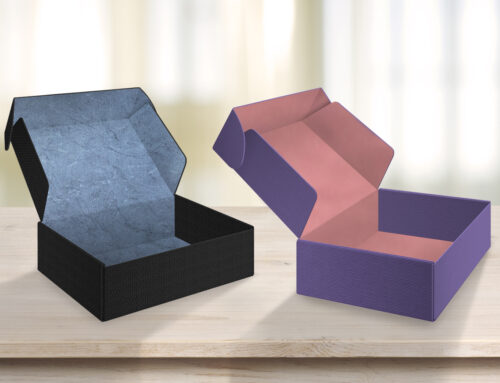
Sustainable paper manufacturing is entering a new era of innovation as companies embrace advanced materials, energy-efficient production, and circular economy models. With growing regulatory pressures and consumer demand for eco-friendly alternatives, the industry is shifting away from traditional linear production models in favor of sustainable fibers, bio-based coatings, and carbon reduction strategies. Ecological Fibers is leading this transformation by developing innovative solutions that align with the future of paper production while maintaining the highest standards of quality and performance.
The Shift Toward Circular Economy Practices
The traditional "make, use, dispose" model of paper production is being replaced by circular economy principles that focus on reducing waste, reusing materials, and enhancing recyclability. Manufacturers are investing in closed-loop systems that minimize raw material consumption and extend the life cycle of paper products.
Ecological Fibers is committed to circular production by designing coatings and materials that integrate seamlessly into recycling streams. By eliminating non-recyclable components and prioritizing renewable fiber sources, Ecological Fibers ensures that its products contribute to the development of a fully sustainable supply chain.
Alternative Fibers and Next-Generation Materials
One of the most significant shifts in sustainable paper production is the move away from virgin wood pulp toward alternative fibers. Bamboo, hemp, agricultural waste, and post-consumer recycled fibers are emerging as viable alternatives that reduce deforestation and lower carbon emissions. Some of the most promising innovations include enzymatic pulping, which breaks down fibers with minimal energy input, and bio-refining, which extracts high-value materials from agricultural waste to create high-performance paper alternatives.
Ecological Fibers has integrated these advancements into its product lines by developing high-quality paper substrates that utilize sustainable fibers while maintaining durability, flexibility, and printability. The company's Rainbow Renew collection, which incorporates tree-free and recycled fibers, showcases how alternative materials can deliver both sustainability and performance.
The Role of Bio-Based and Plastic-Free Coatings
Coatings are a critical component of paper products, enhancing durability, water resistance, and print quality. However, traditional coatings often contain plastic-based materials that hinder recyclability. The push for bio-based, plastic-free coatings is transforming the industry, enabling paper products to maintain functionality without contributing to microplastic pollution.
Ecological Fibers has pioneered solvent-free, water-based coatings that provide premium protection without the environmental drawbacks of plastic barriers. These coatings not only enhance recyclability but also reduce reliance on petroleum-based raw materials. By developing coatings that support both sustainability and performance, Ecological Fibers is helping brands transition away from single-use plastics in packaging and paper-based products.
Carbon Reduction and Energy Efficiency in Paper Manufacturing
The paper industry is a significant contributor to global carbon emissions, but advances in energy efficiency and carbon capture technologies are creating new opportunities for sustainability. Paper mills are implementing AI-driven resource optimization, biomass energy integration, and carbon sequestration techniques to reduce their environmental footprint. Some of the most promising innovations include:
- High-efficiency drying processes that lower energy consumption during production
- AI-powered predictive maintenance that reduces machine downtime and material waste
- Carbon capture systems that absorb and repurpose emissions from pulp and paper mills
Ecological Fibers remains at the forefront of energy-efficient production by continuously refining its processes to lower energy use while maintaining high-quality output. By incorporating renewable energy sources and optimizing material efficiency, the company is reducing its carbon footprint while delivering industry-leading sustainable paper solutions.
Frequently Asked Questions About Sustainable Paper Manufacturing
How does circular economy manufacturing benefit paper production?
A circular economy approach reduces waste, conserves raw materials, and extends the lifespan of paper products by promoting recycling and reuse. This reduces environmental impact while maintaining product quality.
What are the best alternative fibers for sustainable paper production?
Bamboo, hemp, agricultural residues, and post-consumer recycled fibers are among the most sustainable alternatives to virgin wood pulp. These fibers require fewer resources to produce and help reduce deforestation.
How do bio-based coatings improve sustainability in paper manufacturing?
Bio-based coatings eliminate plastic barriers and improve recyclability while maintaining durability and moisture resistance. They reduce reliance on petroleum-based chemicals and align with emerging regulations banning plastic-coated paper products.
What role does carbon capture play in paper manufacturing?
Carbon capture technologies help mills reduce greenhouse gas emissions by absorbing and repurposing CO₂ from production processes. This innovation supports sustainability goals while allowing manufacturers to meet strict environmental regulations.
The Future of Sustainable Paper Manufacturing
As the industry continues to evolve, sustainable materials, advanced coatings, and energy-efficient production will set the new standard for responsible paper manufacturing. Companies that embrace these innovations will lead the transition toward a more sustainable future.
Ecological Fibers remains dedicated to driving these advancements by developing cutting-edge materials that align with industry sustainability goals. Businesses looking to integrate eco-friendly paper solutions into their products can rely on Ecological Fibers for high-performance materials that reduce environmental impact. To learn more about our sustainable innovations, contact our team at 978.537.0003.




